"We are concluding an extremely successful Hungarian EU Presidency," Viktor Orban said in Bucharest, where he held talks with Romanian Prime Minister Marcel Ciolacu. He recalled that "the prime minister was kind enough to welcome me here in July, when we agreed on a common plan to be implemented during the Hungarian Presidency of the European Union. The goal set was Romania's accession to the Schengen area during our Presidency".
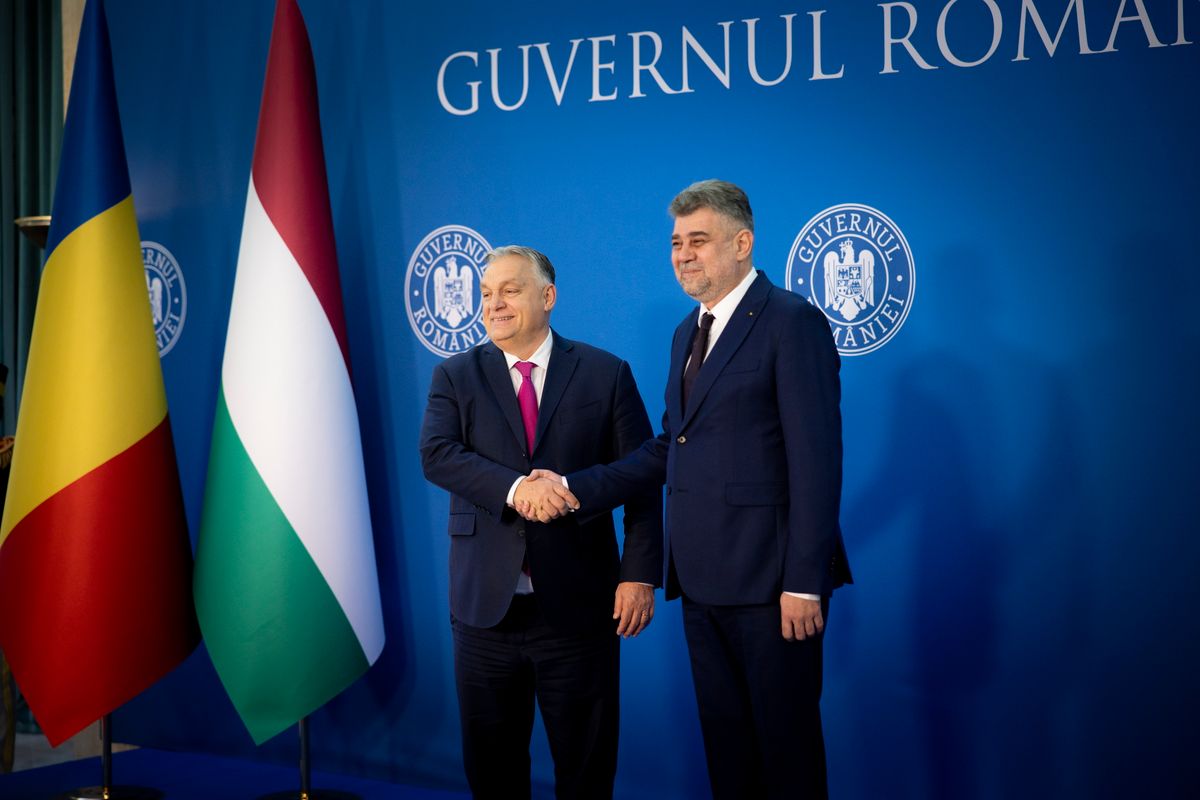
We had to set in motion a political action to turn the last thirteen years of failure into success. We are now at a point that few would have thought could be achieved under the Hungarian Presidency. This is a very strong indication that the two countries have a historical shared destiny, and we both know that the success of one country alone is not enough. You also need the success of your neighbor in order to be successful. We Hungarians have long had a vested interested in Romania being in the same [Schengen] area with us,
Mr Orban said, commenting on Romania's full accession to the border free zone. "When we lifted the barriers at the Austrian-Hungarian border, then later at the Slovak-Hungarian border, then at the Slovenian-Hungarian border, and most recently at the Croatian-Hungarian border, not only did the economy take off, but the quality of life in these regions also changed substantially.
I want to give you two little facts to help everyone understand the weight of this. Today there are 12 road border crossings between Romania and Hungary. From January 1 this number will increase to 22. Until now, when people living in a municipality near the border wanted to cross to a neighboring one, they had to travel an average of 37 kilometers to get to a road border crossing point. This will now be halved to about twenty kilometers. This means a lot to the people who live there,
the PM explained.
Viktor Orban spoke of a new chapter
He said that this is an opportunity to open a new chapter in Hungarian-Romanian relations. "The foundations of trust are now in place, as we have a shared success. In addition, Hungary is an important country for Romania from an economic point of view, and from the point of view of energy security, Romania is extremely important for Hungary."
Last year, we were able to buy 1.75 billion cubic meters of natural gas through you, and this, together with the gas coming through the South Stream, essentially covered Hungary's energy needs. This is also something I thank the prime minister for. Moreover, from a Hungarian perspective, Romania is a reliable transit country for us in the transit of nuclear fuel. And the more the energy cooperation through Ukraine becomes paralyzed, the more important cooperation with Romania becomes for Hungary,
Mr Orban stressed, noting that he and his Romanian counterpart had also discussed the future of the two countries. "We would like cooperation between the two countries in these strategic sectors to be even deeper. From the Hungarian side, I can say that Hungary wants to continue and deepen cooperation with Romania."
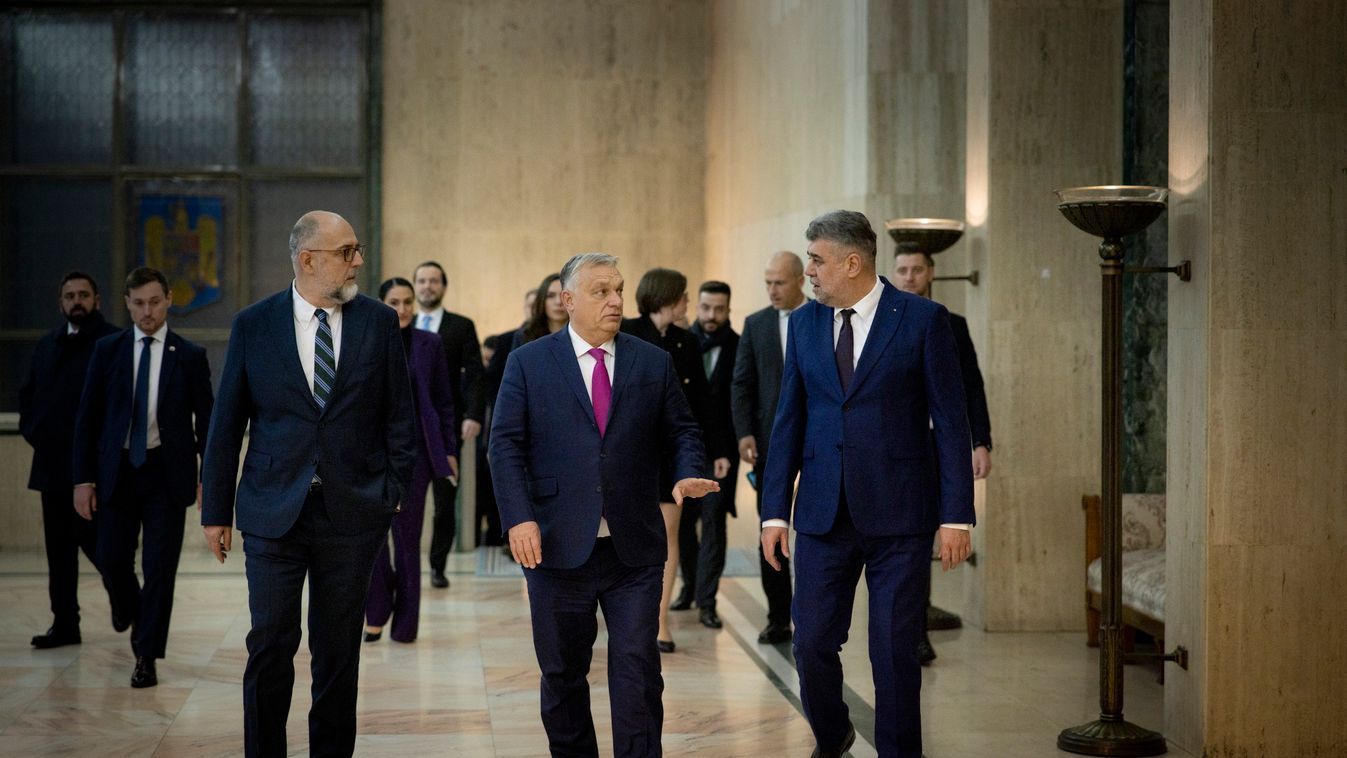
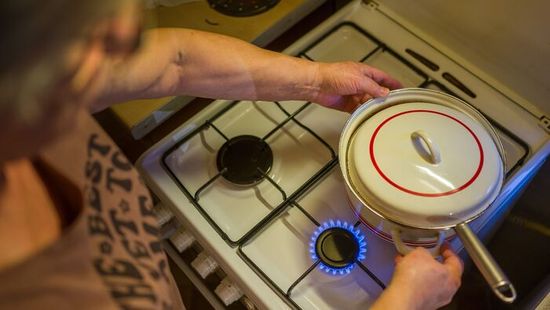
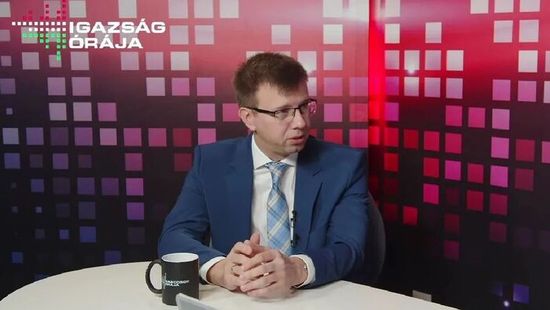
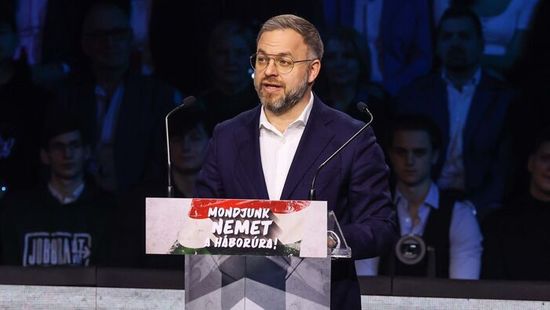
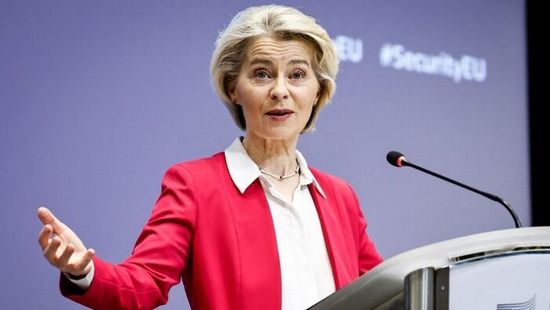

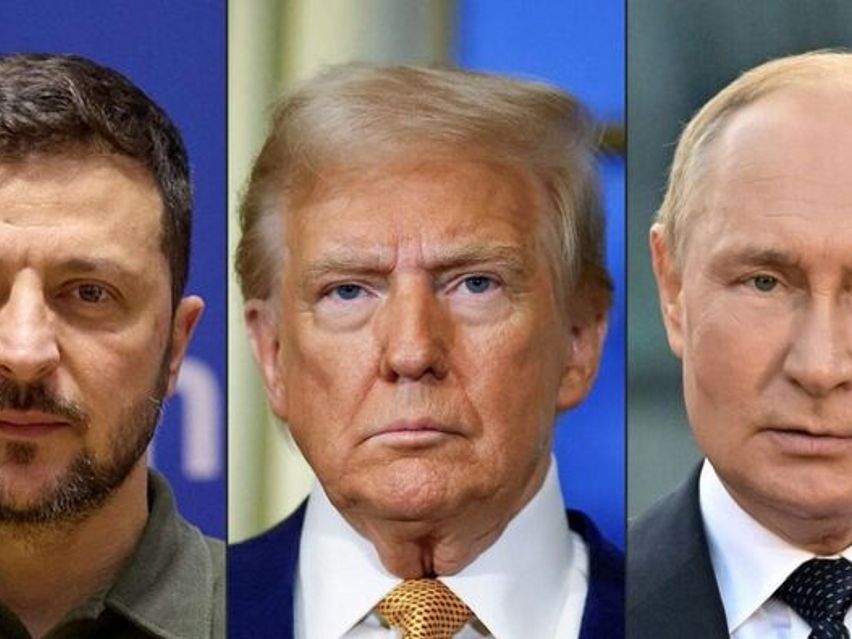
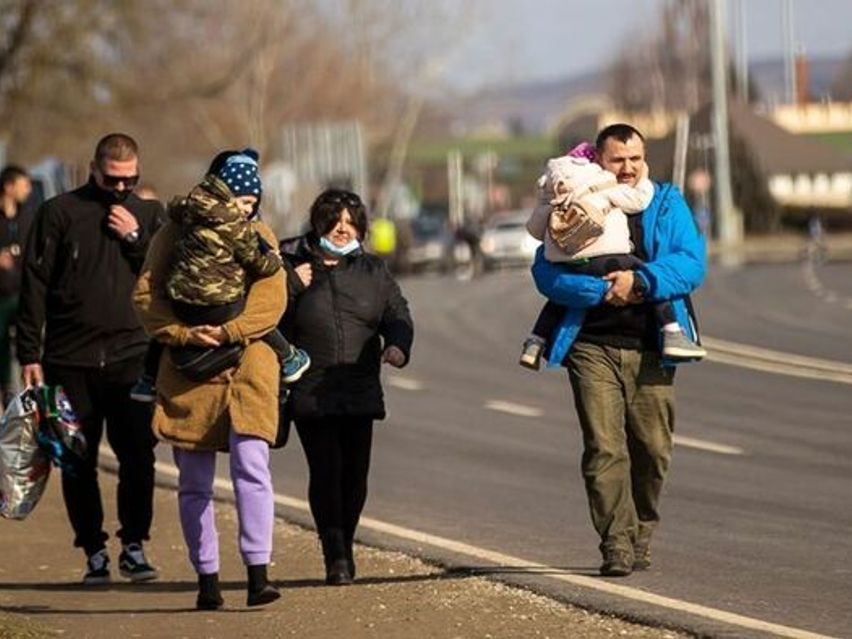
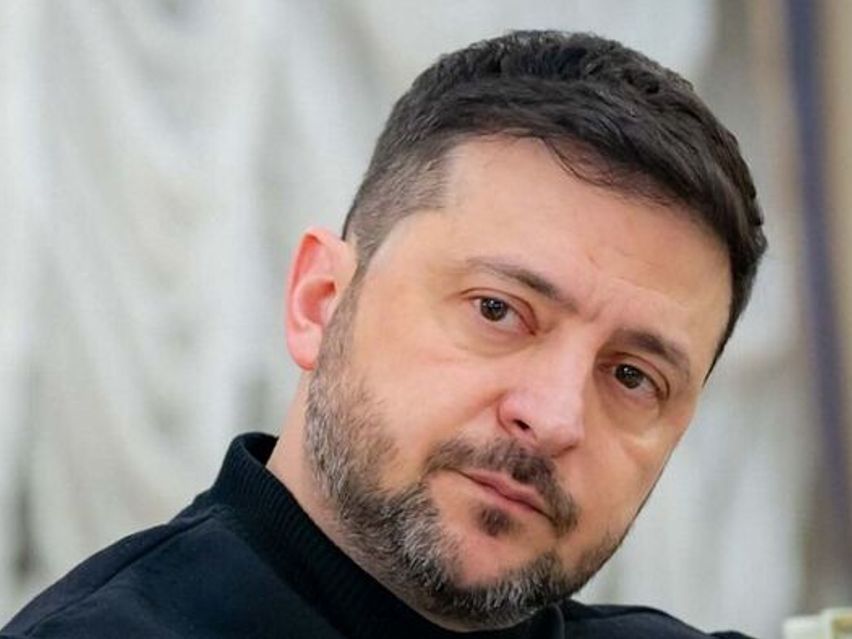
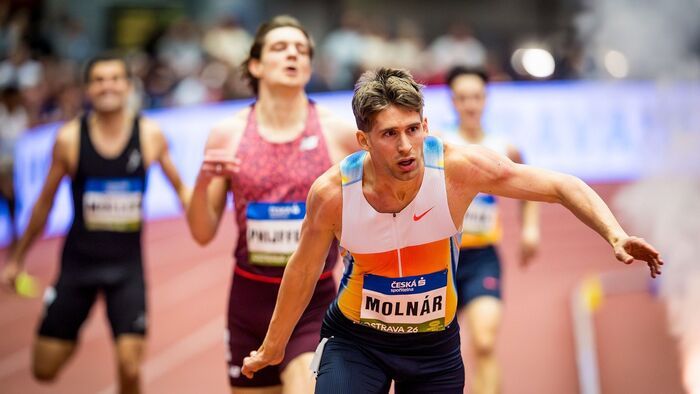

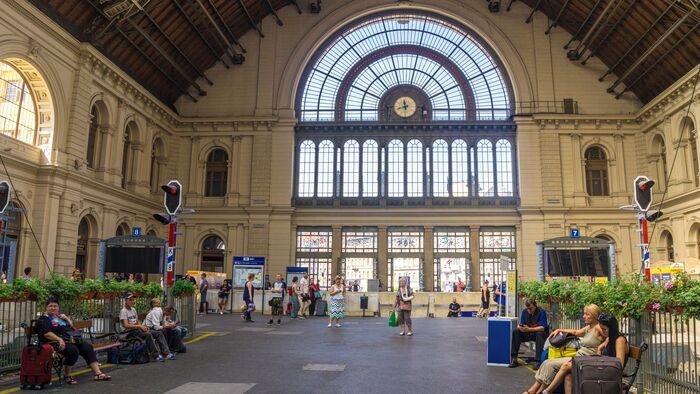
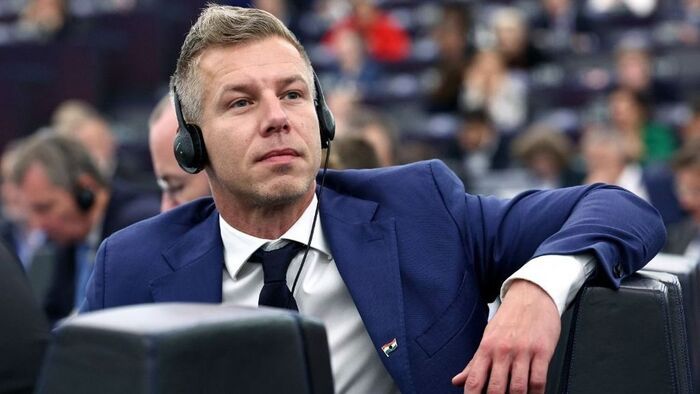
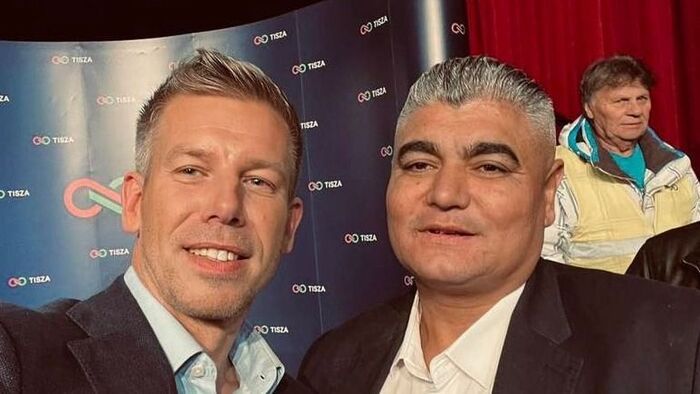
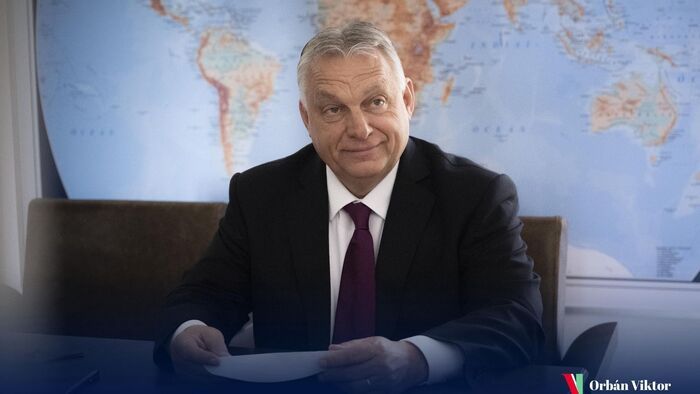
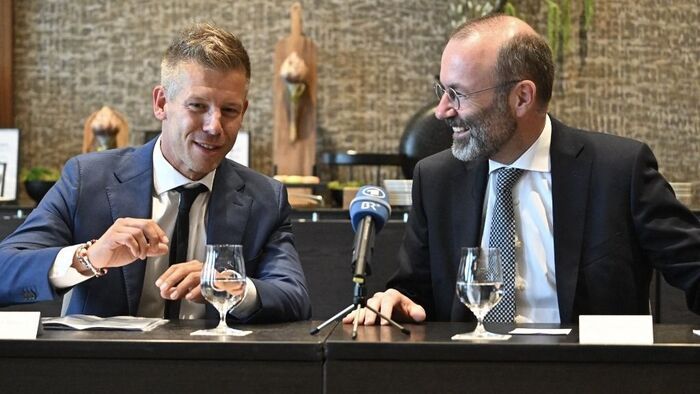
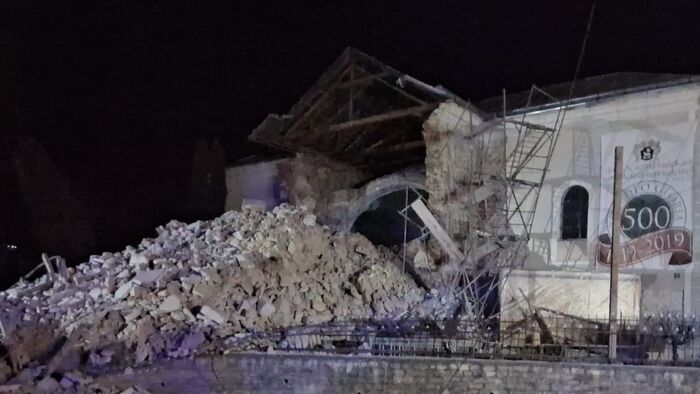
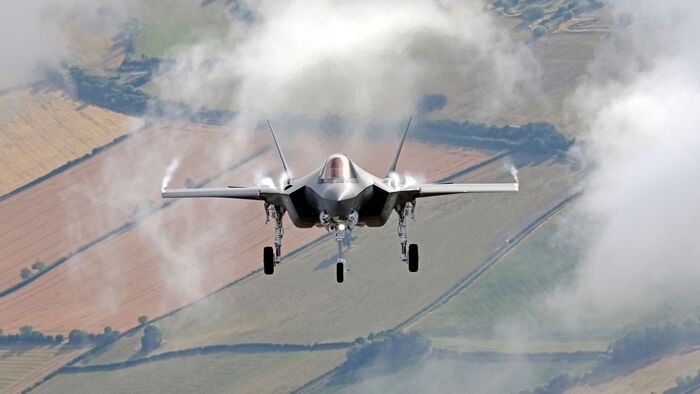
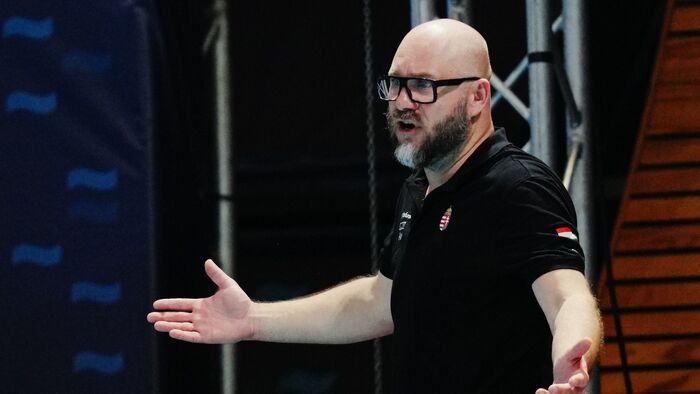
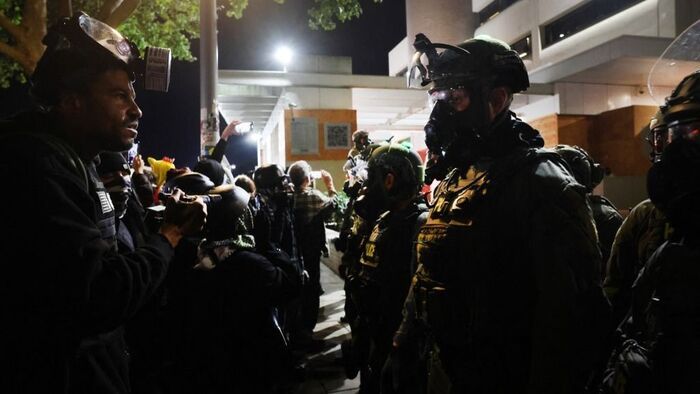
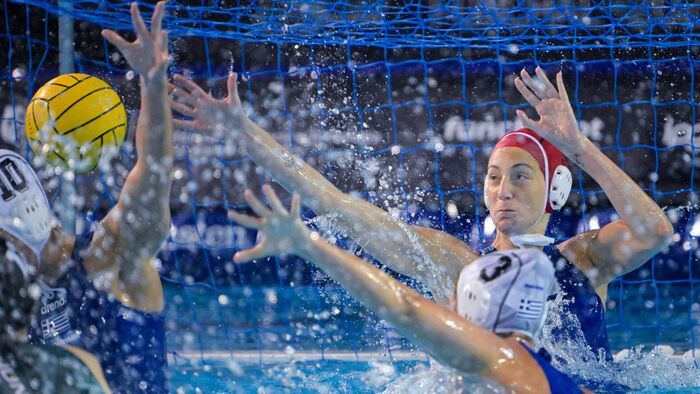

Szóljon hozzá!
Jelenleg csak a hozzászólások egy kis részét látja. Hozzászóláshoz és a további kommentek megtekintéséhez lépjen be, vagy regisztráljon!